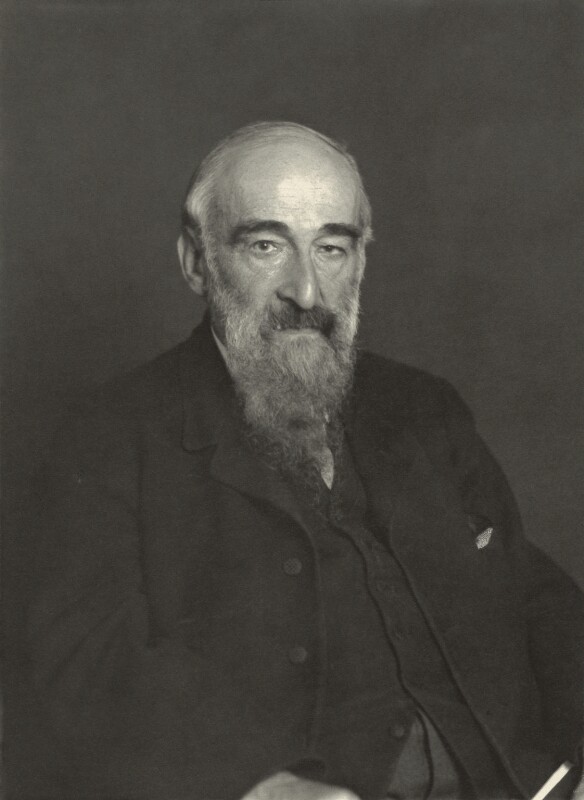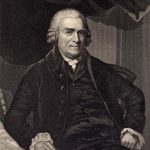Date of Birth: January 6, 1859
Zodiac Sign: Capricorn
Date of Death: September 13, 1938
Biography
Samuel Alexander was a distinguished Australian-British philosopher, born in Sydney, Australia, and later becoming a prominent figure in British philosophy. He is best known for his work in metaphysics and for developing the philosophical theory known as emergentism. Alexander pursued his education at Wesley College, Melbourne, and later at the University of Melbourne, where he earned his Bachelor of Arts degree. He subsequently attended Balliol College, Oxford, where he was influenced by the idealist philosophy prevalent at the time. In 1893, Alexander moved to the United Kingdom permanently, accepting a fellowship at Lincoln College, Oxford. Later, he was appointed the chair of philosophy at the University of Manchester, a position he held until his retirement in 1924. His most significant work, “Space, Time, and Deity,” published in 1920, explores the nature of reality, arguing that space and time are the foundational elements from which all existence emerges. Alexander’s contributions to philosophy earned him a lasting legacy, and his ideas continue to be studied and discussed in academic circles.
5 Interesting Facts about Samuel Alexander
1. Samuel Alexander was the first Jewish fellow of an Oxford college.
2. He was awarded the Order of Merit in 1930 for his contributions to philosophy.
3. Alexander’s theory of emergentism posits that higher levels of complexity arise out of the interactions of simpler elements.
4. He was deeply influenced by the works of Spinoza and Leibniz.
5. Alexander was a contemporary and friend of renowned philosophers such as Bertrand Russell and Alfred North Whitehead.
5 Most Interesting Quotes from Samuel Alexander
1. “To be is to be in time, and to be in time is to be in space.”
2. “Philosophy is the attempt to express the universe as thought.”
3. “All knowledge is ultimately rooted in experience.”
4. “The world consists of processes, not substances.”
5. “Mind emerges from the complex organization of matter.”
Highest Net Worth Achieved
Samuel Alexander did not achieve significant financial wealth through his philosophical work. His highest net worth was not documented, as he lived a modest academic life focused on intellectual pursuits rather than monetary gain.
Children
Samuel Alexander did not have any children.
Relevant Links
2. [Internet Encyclopedia of Philosophy – Samuel Alexander](https://iep.utm.edu/alexander-samuel/
3. [Biography on Britannica](https://www.britannica.com/biography/Samuel-Alexander


